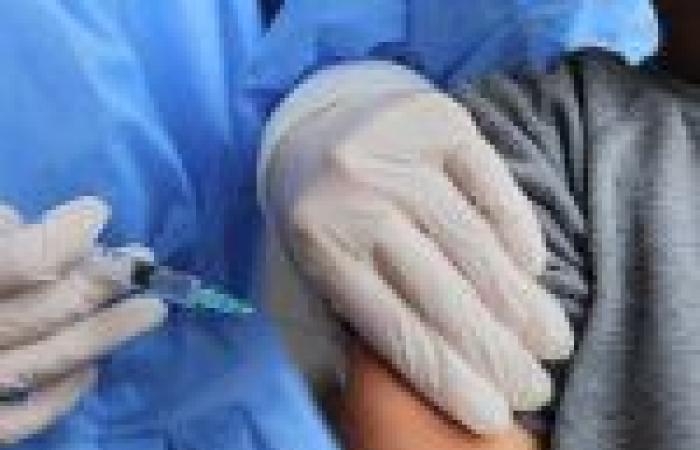Published on The Lancet Regional Health, the study involved 20 European countries and highlights the crucial role of vaccinations against hepatitis B and papilloma in the prison population. “By addressing the specific health needs of people living in prison, we can significantly contribute to cancer prevention and the overall improvement of public health in Europe.” I STUDY
21 JUN – The Department of Translational Research and New Technologies in Medicine and Surgery of the University of Pisa, in collaboration with various international partners, led a study just published in the prestigious journal The Lancet Regional Health – Europe. In the work entitled “Cancer-preventing vaccination programs in prison: promoting health equity in Europe“, the doctor Lara Tavoschi and the other co-authors highlight the crucial role of vaccinations against hepatitis B virus (HBV) and human papillomavirus (HPV) in the prison population as a strategy to promote health equity and prevent cancer.
The research involved 20 European countries, evaluating data on vaccination services and health policies for people living and working in prison. As regards Italy, four penitentiary institutions were included in the study: the Milan San Vittore prison, the “Beccaria” penal institution for minors in Milan, the Bollate prison, and the Opera prison for a period of total number of inmates involved of approximately 3600 people (compared to a housing capacity of less than 3000 places). The analysis revealed considerable variability at a European level in the availability and coverage of vaccination services. In Italy vaccination against the hepatitis virus is offered while no specific data are available on the implementation or benefits of vaccination against the papilloma virus.
Ten recommendations emerge from the workkey to improving cancer vaccination strategies in prison settings. They range from the request for the explicit inclusion of prison populations in national and international vaccination strategies, emphasizing the principle of “equivalence of care” as declared by The Nelson Mandela Rules, to the need to expand vaccination programs against HBV and HPV aimed at all incarcerated people who can benefit, particularly adolescents and young adults, using gender-neutral approaches.
“Vaccinations – He says Lara Tavoschi – should be part of a broader package of sexual health and harm reduction services, including screening for other sexually transmitted infections and ensuring follow-up of post-release care”. “This research – concludes Tavoschi – provides solid evidence to support the implementation of vaccination programs that leave no one behind, for the benefit of the entire population. By addressing the specific health needs of people living in prison, these programs can significantly contribute to cancer prevention and the overall improvement of public health in Europe.”
June 21, 2024
© All rights reserved
Other articles in Studies and Analysis





Online newspaper
of health information.
QS Edizioni srl
PI 12298601001
Registered office:
Via Giacomo Peroni, 400
00131 – Rome
Operational headquarters:
Via della Stelletta, 23
00186 – Rome
Luciano Fassari
Editorial director
Francesco Maria Avitto
Health Communication srl
Copyright 2013 © QS Edizioni srl. All rights reserved
– PI 12298601001
– registration with the ROC n. 23387
– registration with the Court of Rome n. 115/3013 of 05/22/2013
All rights reserved.
Privacy policy












